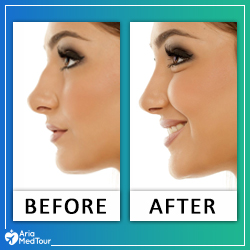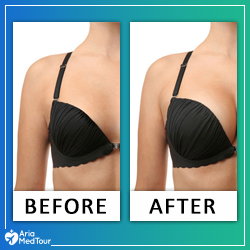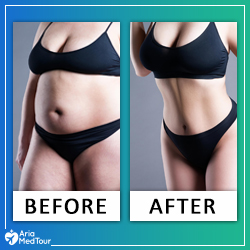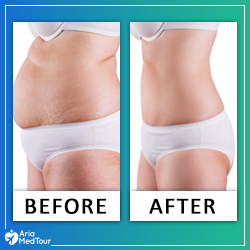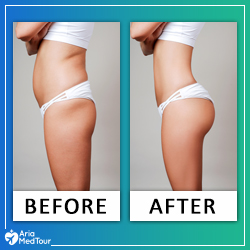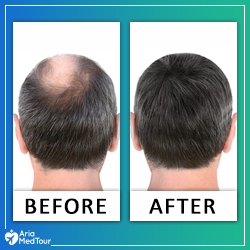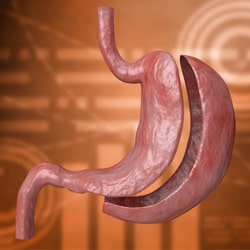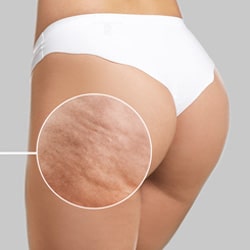A cataract is a relatively common eye condition, which involves clouding of the natural lens of the eye. Cataracts are mostly age-related and come on gradually, but the nice thing about them is that it is the most treatable eye disease and the treatment yields the most satisfactory result.
Cataract surgery is a quick and straightforward procedure and involves removal of the natural lens of the eye and replacing it with an artificial one. It can be performed either using drops to numb the area, or under local anesthesia.
In the first case, you will only need to wear a transparent shield over your eye after surgery until you get home. But, if local anesthetic is used for the surgery, in addition to the shield, you will need an eye pad for a few more hours. In either case, it is advised to take someone with you to the hospital to help you go back home because due to the procedure, you probably will experience symptoms like blurry vision.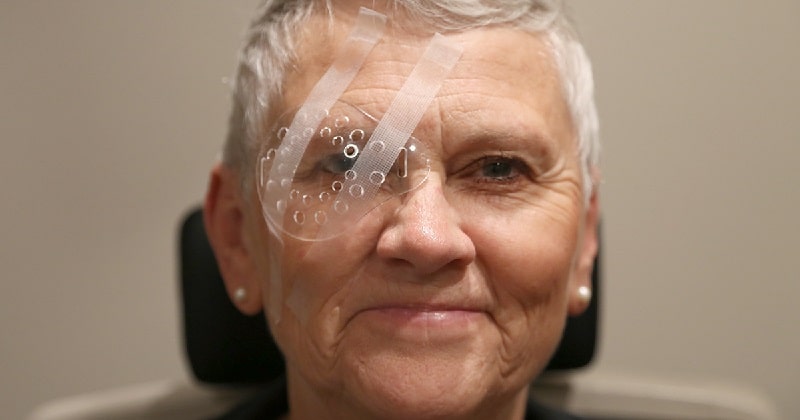
After the surgery, there are a few things to consider to ensure that your eye recovers properly and quickly. In this blog post, we are going to give you a few tips that will speed up recovery time after the surgery and will prevent post-op complications.
- Follow your doctor’s instructions and recommendations
After the surgery, it is vital to carefully follow your doctor’s post-op instructions about necessary precautions during the recovery period. He/she may instruct you to take some medications for a specific period of time and use eye drops for the operated eye (in most cases two eye drops are prescribed: an antibiotic and an anti-inflammatory one). Usually, you should start using it in the following morning after surgery.
Before using eye drops, make sure to wash your hands. Then lean your head back, look up at the ceiling, pull down the lower lid gently and squeeze the eye drop until a drop drip off from the bottle into your eye.
For further instructions on how long you should use the eye drop and other considerations, make sure to contact your doctor.
- Avoid touching/rubbing the eye
The small incisions that have been made during the surgery will result in an itchy eye. This is a sign of healing and is common. Try not to rub or touch the operated eye under any circumstances. It may damage it. You can also use a hat or sunglasses to limit the eye’s exposure to sun and prevent airborne particle (e.g. dust) from entering the eye as well. These can intensify the irritation of the eye.
You may inadvertently touch or rub your eye during sleep. To prevent this, use a protective shield or clear safety goggles before you go to sleep. In addition, using an eye mask or eye patch during sleep is not advised, since they can put extra pressure on the eye.
- Keep the operated eye clean
Do some research and ask your doctor about all signs of infection. If you experience any of these signs, you should immediately contact your doctor. You should not wash your operated eye with water. The following steps will show you how to clean your eye:
- Boil some water and let it cool
- Dip a piece of clean gauze or cotton wool in the water
- Wipe around your eye from the corner of the eye that is near your nose to the other corner
Cotton wool or gauze should not directly get in touch with the inner part of the eye.
You can also use sterile eyewash instead of water. Wash your hands thoroughly, apply a small amount of eyewash on a clean tissue and gently clean the skin around the eye and lids, being careful not to apply any pressure on your eye.
As mentioned before you should not wash the operated eye with water, therefore when you shower or bathe, place the protective shield over your eye using adhesive tape.
- Avoid demanding activities
During the healing period, you should avoid doing demanding activities and exercises such as swimming, as well as using whirlpools, which can damage the eye. Generally, you should not lift anything heavier than ten pounds. Also, do not bend below your waist. Vomiting and sneezing are also dangerous. Especially right after cataract surgery. Avoid them as long as possible.
Chemical substances are harmful to your eye, therefore avoid using eye makeup (e.g. mascara and eyeliner).
You can read, watch television and use your computer or phone, but if you intend to do these activities for long periods, it is advised to take a break every 20 minutes and let your eye rest.
How long does it take to recover from cataract surgery?
In a few days after the surgery, you will have a reasonable vision. In fact, the recovery time is generally very quick. However, the first few days can be a little disappointing: due to the dilation of the pupil and inflammation of the eye, vision will be bright and blurred. Within the first few days and after experiencing the aforementioned symptoms, your vision will improve significantly. If you use your eye drops and other medications as prescribed by your doctor, you will not experience any serious complications after the first days.

